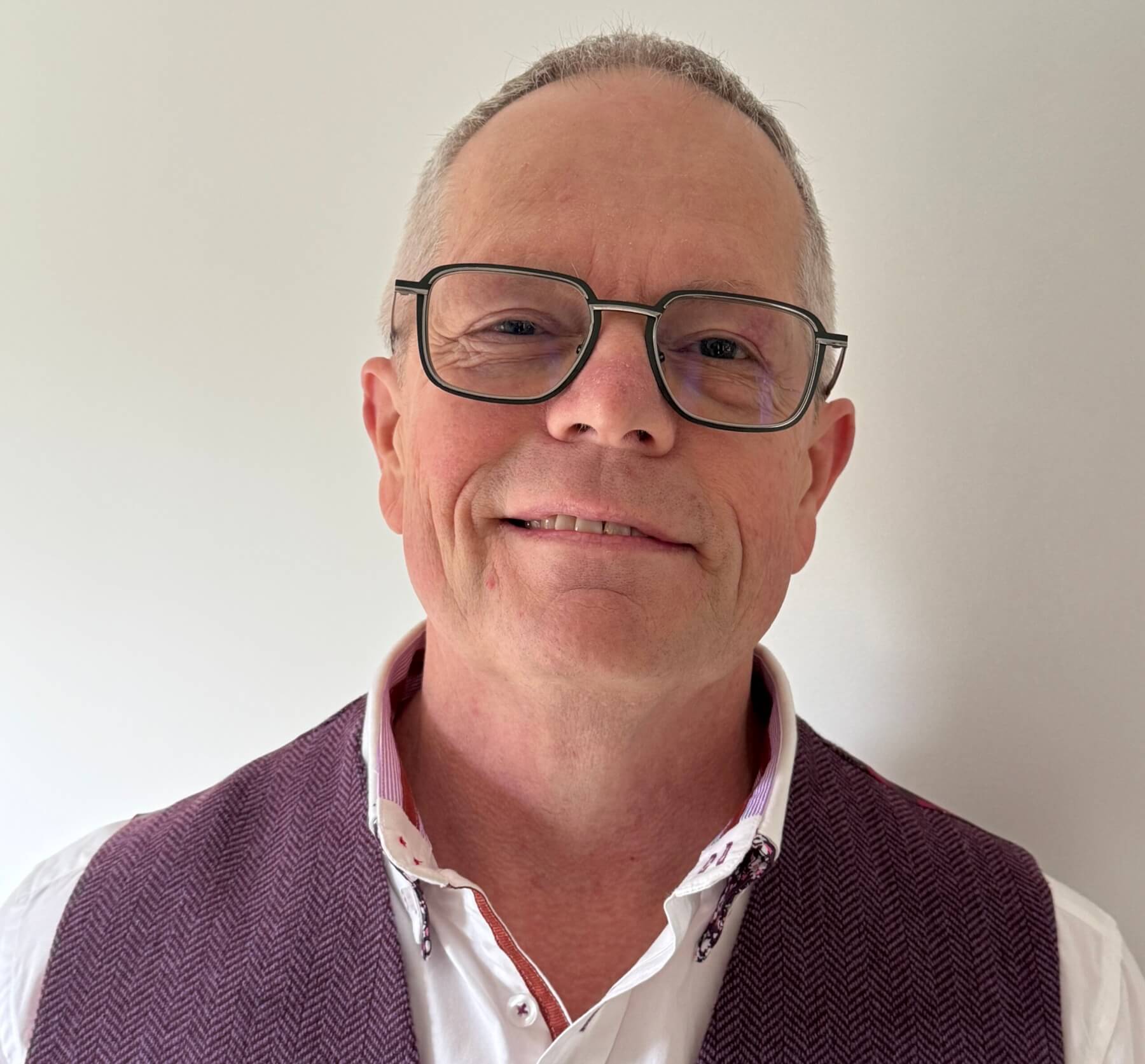
Cambridge ward

Ian Hayton – 2025
Ian Hayton – Cambridge Ward
1. Operational Deficits and Borrowing (maximum 100 words)
Waipā is currently running operational deficits over three years, which reduces the annual rates increase by around 4%. To fund this gap, the council is borrowing an average of $8 million per year.
a. Were you aware of this funding strategy?
This “borrow-to-live” approach reflects poor financial management by council, akin to relying on payday lenders.
b. Do you agree with the approach of borrowing to fund operational shortfalls as prudent rather than raising rates to fully fund current operations? Why or why not?
Council must live within its means. With current excessive borrowing costs (interest and principal), residents are already burdened and further debt is irresponsible as are rate increases.
2. Ahu Ake – Waipā Community Spatial Plan (maximum 100 words)
The council has adopted the “Ahu Ake – Waipā Community Spatial Plan” as a long-term vision to guide growth and infrastructure planning.
a. Do you support the direction and priorities set out in Ahu Ake?
The introduction states the plan is “through a Māori lens” planning should consider everyone equally Waipā is one community and should not be divided by perspective.
b. Given that the plan proposes a number of costly studies how would you ensure that it remains relevant, affordable, and aligned with community needs over time?
With council already heavily in debt, spending $1.8 million or more on consultants is not financially prudent in the current environment.
3. Cambridge Connections (maximum 100 words)
The Cambridge Connections project reset proposes a transport network realignment and new infrastructure development around Cambridge, with potential long-term cost across the district and land use implications as well as extensive consultation.
a. Do you support the scale and scope of the Cambridge Connections project as currently proposed?
While the intent to address the overdue issue is positive, poor project management, planning and wasteful spending are the real concerns with the current and past approaches.
b. How should costs and impacts be managed to ensure fairness to ratepayers and affected communities?
Independent third parties have offered plans costed at $20–$40 million. Yet, under council, projected costs have escalated to $200–$400 million, one is affordable the other is wasteful. Time to embrace the collective ability of the local community.
4. Council Expenditure and Core Services (maximum 100 words)
a. In your view, is Waipā District Council currently limiting its spending to basic or essential services?
No. For example, more than $2 million was spent on a single playground, without accounting for long-term maintenance costs.
b. If elected, would you support a review of current expenditure with a view to reducing non-essential costs and/or staffing levels?
Yes. The first step is cutting waste, not people while reviewing projects costing 5–10 times their commercial cost. Staff should also be empowered to make sound decisions without relying excessively on consultants.
5. Urban Intensification and Tier 1 Status (maximum 50 words)
Waipā must now enable greater housing intensification and density under new rules.
What principles should guide where and how higher-density housing is developed?
Rural or urban intensification should not mirror big-city models. While some infill is reasonable, existing infrastructure cannot support it. New subdivisions already underway should instead be designed for future intensification.
6. Māori Ward Representation (maximum 50 words)
Waipā established a Māori ward to enhance Māori representation at the council table.
Do you support the continuation of the Māori ward beyond the current term?
A binding referendum is underway in this election. Whatever residents decide must be respected and implemented as the rightful outcome.
7. Community Boards (maximum 50 words)
Do you believe community boards effectively represent community views and provide valuable advice to council? Would you support any changes to their role or powers?
Currently, no they do not work effectively. However, they should be strengthened as a key link between residents and council, rather than being perceived as barriers to being heard.
8. Te Ara Wai (maximum 50 words)
What do you think the council should do with the old Bunnings building in Te Awamutu, which it bought to house Te Ara Wai Museum?
Council owns only the building, while the land is leased from the Anglican Church. This is a financial burden and should be sold off as soon as practical.
9. Future of Lake Karāpiro Domain (maximum 50 words)
Lake Karāpiro Domain is often referred to as Waipā’s “jewel in the crown”. The site is currently being reviewed under the Reserves Act 1977, and future options may include increased commercial development such as hotel or motel accommodation.
Hamilton City Council now charges outsiders to visit the Gardens, should Waipā do something similar at Karāpiro?
Do you support further commercial development at Lake Karāpiro Domain and/or a visitors’ levy?
Commercial opportunities, such as a motel, would benefit the area due to limited accommodation. However, Council should not develop it directly only provide land leases with covenants to protect community interests.
The current cost and income of the Karapiro Domain needs serious consideration to ensure community benefit.
10. Finally, what is your vision for the Waipā district? (maximum 250 words)
My vision for Waipā is a district that balances growth while protecting our community spirit. I want Waipā District Council to set an example for the rest of New Zealand by supporting all people in a cost-effective way with great core services, without driving families to the brink through excessive spending.
I would love to see a community where roads flow smoothly, congestion is reduced, our lakes / rivers remain clean and most importantly, residents feel valued, listened to and proud to live here. People should love living in Waipā because it is both affordable and vibrant.
This means no more extravagant “pet projects”. Instead, council should focus on delivering core services properly roads, water, waste and parks while ensuring ratepayer money is spent wisely. By cutting waste, empowering staff, being transparent and listening to residents, we can return Waipā to being a district that works for everyone.
Beautiful Waipā, as it once was, with core services done well with residents and businesses thriving, that is my vision.








